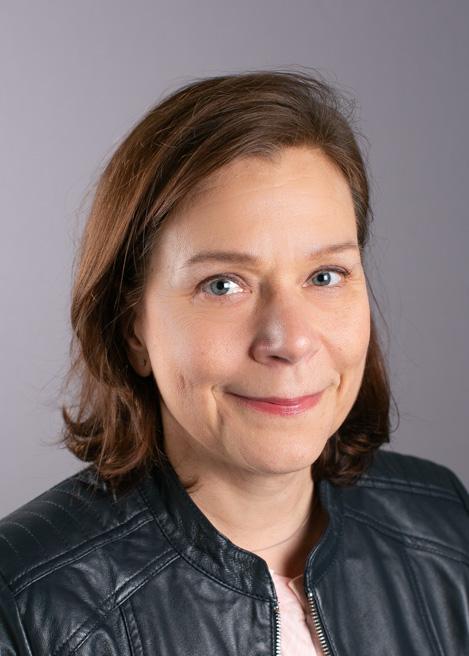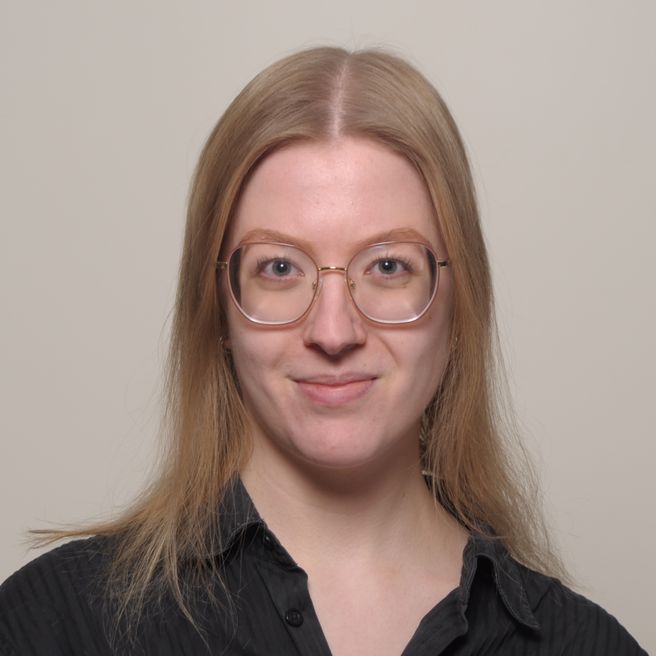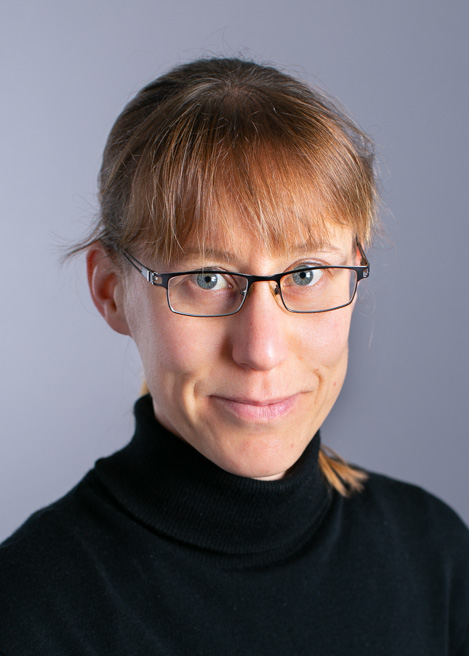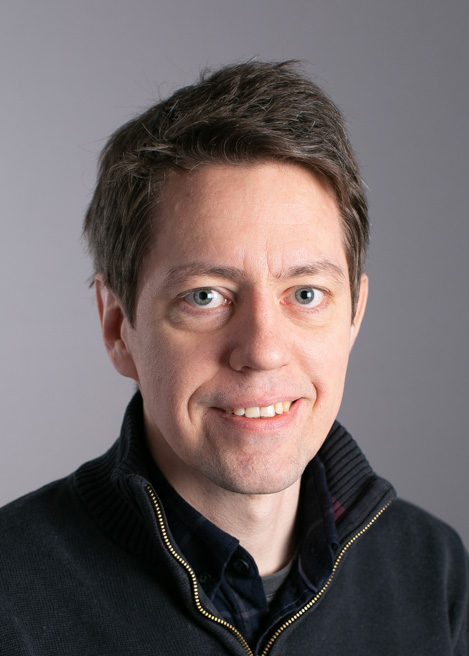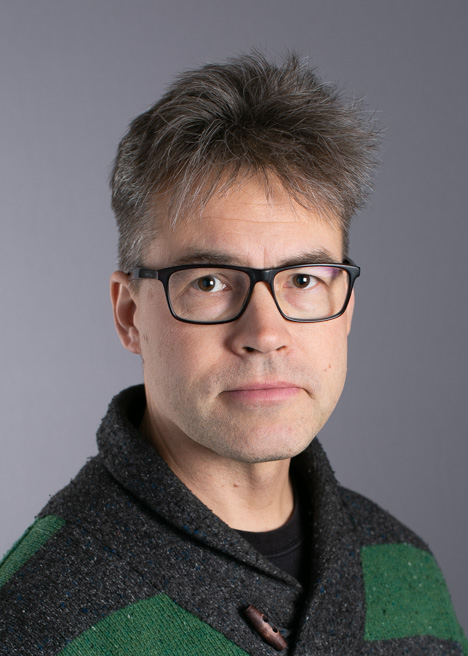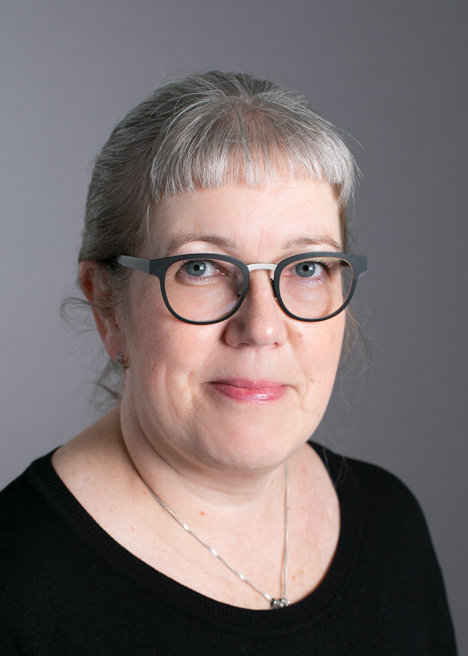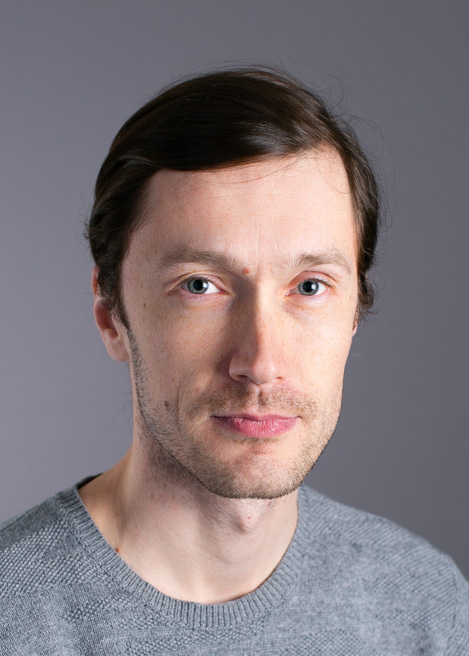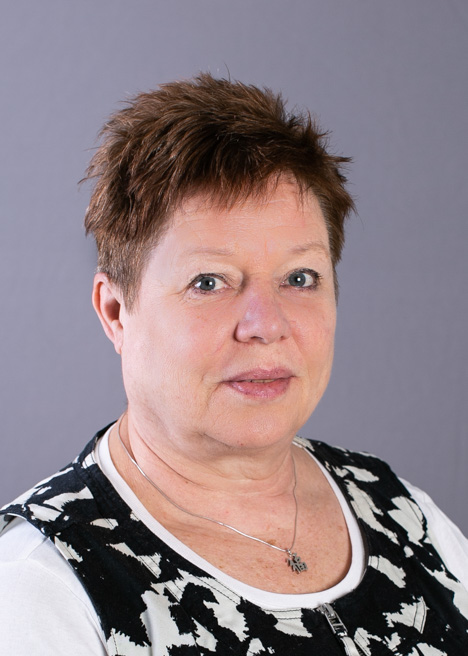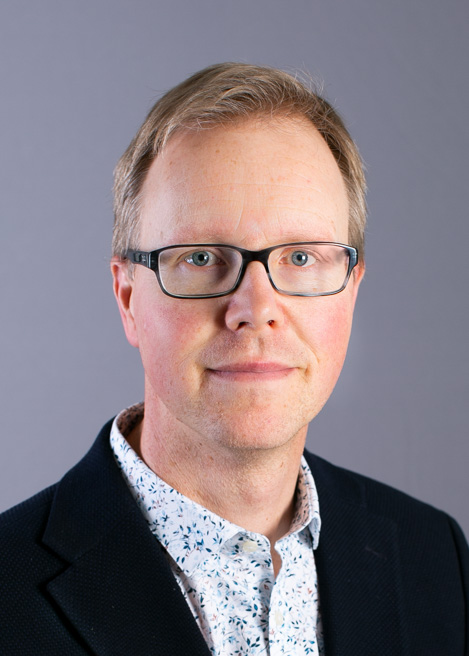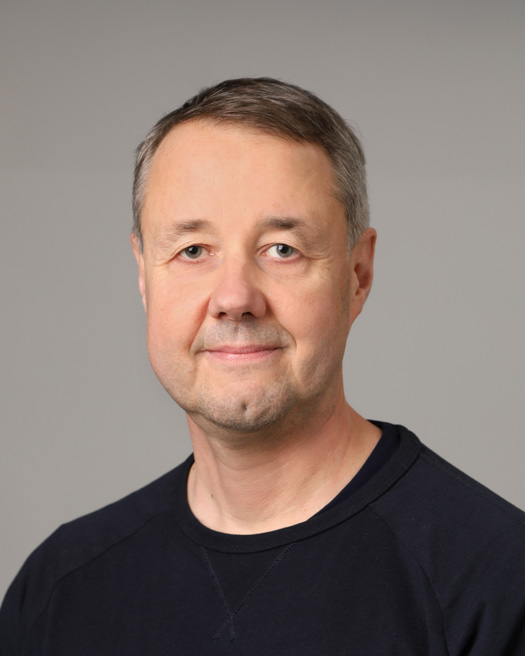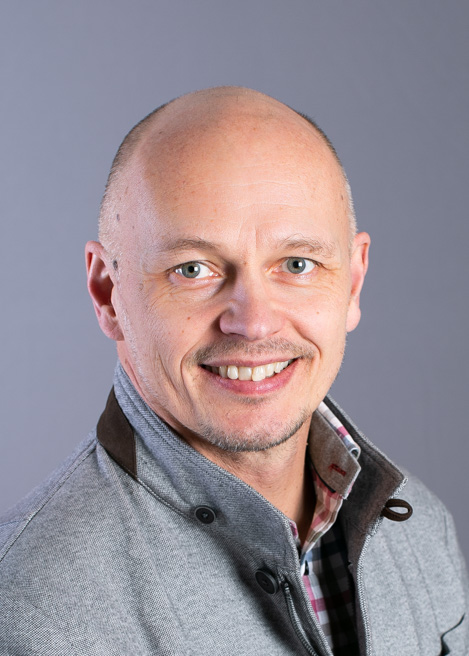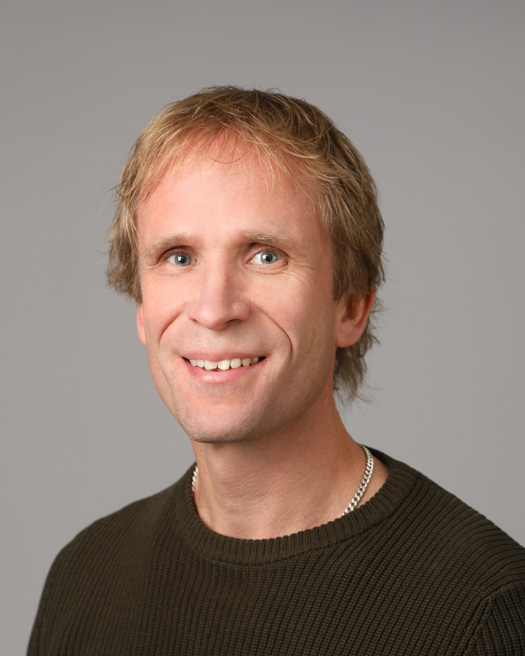Research group
Built Environment
Our key expertise areas are building and environmental acoustics, ventilation, and their psychological effects in built environments.
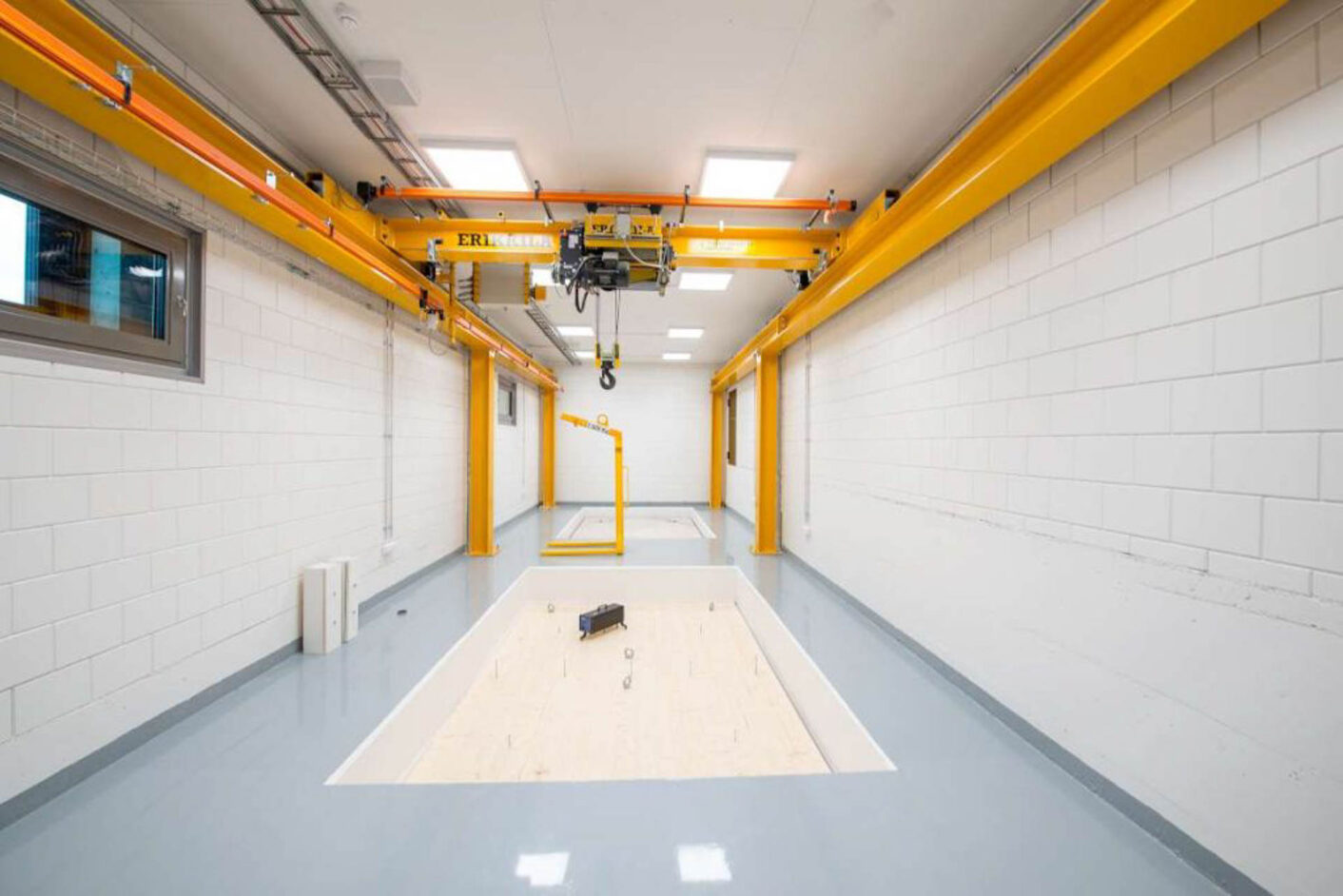
We conduct scientific research related to acoustics, air conditioning and environmental psychology. In addition, we offer companies high-quality product testing and development services, such as noise measurements, air conditioning surveys and material tests.
Research data produced by us can be utilized in product development, development of national regulations and design guidelines regarding the built environment, international standardization and university teaching. We lead two international working groups developing ISO measurement standards. The long-term target is to improve the well-being of people in the built environment. Public research projects can be partially funded by companies.
We also conduct research on underwater noise, the results of which can be utilised, for example, in the protection of the seas and marine animals, as well as in the design of maritime traffic, construction projects affecting the marine environment and wind turbines.
Permanent expert areas
- building and environmental acoustics (e.g. product testing, measurements, modeling, development),
- ventilation (e.g. product testing, measurements, modeling, development),
- environmental psychology and epidemiology (e.g. noise annoyance in apartments or perception of indoor environment in offices),
- experimental psychology in laboratory (e.g. effect of noise or temperature on work performance),
- psychophysical experiments in laboratory (e.g. noise annoyance, thermal comfort),
- measurements in the field of civil engineering,
- study of underwater noise, especially in archipelago conditions.
Research objects
- building products (e.g. walls, acoustic boards, machines, furniture, ventilation devices),
- buildings and their physical indoor environment conditions (e.g. offices and apartments),
- perceptions of occupants in the built environment (e.g. surveys in offices and apartments),
- behaviour and experiences of humans (subjects voluntarily participating our laboratory, experiments),
- buildings and their constructions (such as roads, bridges and quays,
- anthropogenic underwater noise (e.g. noise from maritime traffic).
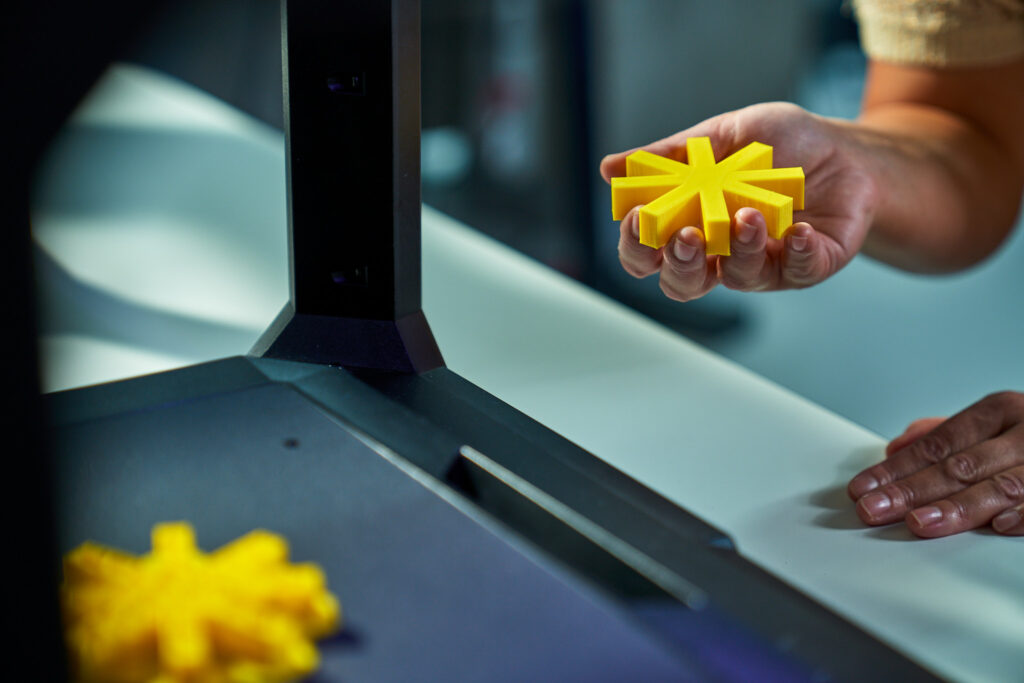
Our research group researches, develops, serves and educates. Our research is related to building elements, buildings, habitats and people. In addition to publicly funded research, we also serve companies in more mundane questions that are important for product development and sales. The group is unique in that its scientists represent several branches of science and engineering. New emerging fields include research into the experience of underwater noise and vibration.
Valtteri Hongisto, Research Group Leader
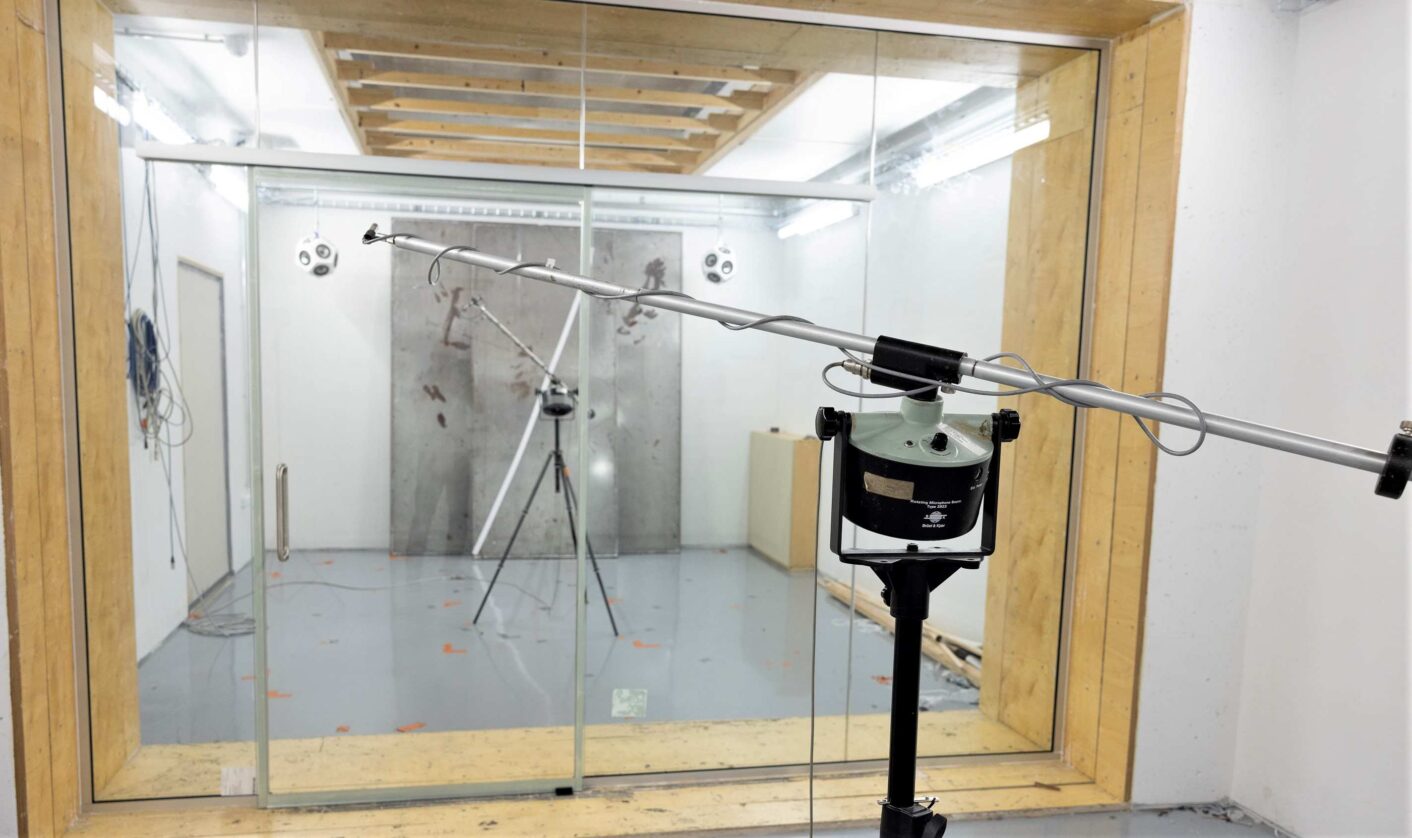
Research and development facilities
We have several high-quality laboratories at our disposal located in Turku and Salo, Southwest Finland. In our laboratories, we offer companies tailored expert services, such as noise measurements, air conditioning surveys and training services. Get to know our laboratories and services.
-
Press Release

Study shows that active noise-cancelling headphones had no effect on work effiency
Work efficiency in open-plan office noise is not improved by active noise-canceling headphones, shows a recent study by a research group specialized in acoustics and psychology. Headphones with active noise-canceling function are known to reduce noise more than conventional headphones. Their popularity has grown enormously.
Current development work
Our research group has been actively involved with the development of two international standards, which are used to test the acoustic properties of furniture ensembles and booths. Read more about the essential drivers of this work, essential outcomes, and the current situation of this development:
Publications
Education
We produce various acoustics trainings for companies on request. For Turku UAS’ students, we organise annual courses in environmental acoustics and building acoustics.
Collaboration & partners
The group’s cooperation networks cover
- third sector operators operating in the field
- a dozen foreign and domestic research groups in the same field
- dozens of companies that subscribe to our services and/or are involved in funding our research
- a few ministries in Finland.
Our Experts
The research group includes experts in acoustics, ventilation and environmental psychology.
Strong project skills
Turku University of Applied Sciences’ Project Office offers support and guidance throughout the life cycle of an RDI project. Our project experts have years of experience and strong expertise in national and international funding programmes. We have more than 200 projects running every year, and our RDI activities have received more than €10 million in external funding.

